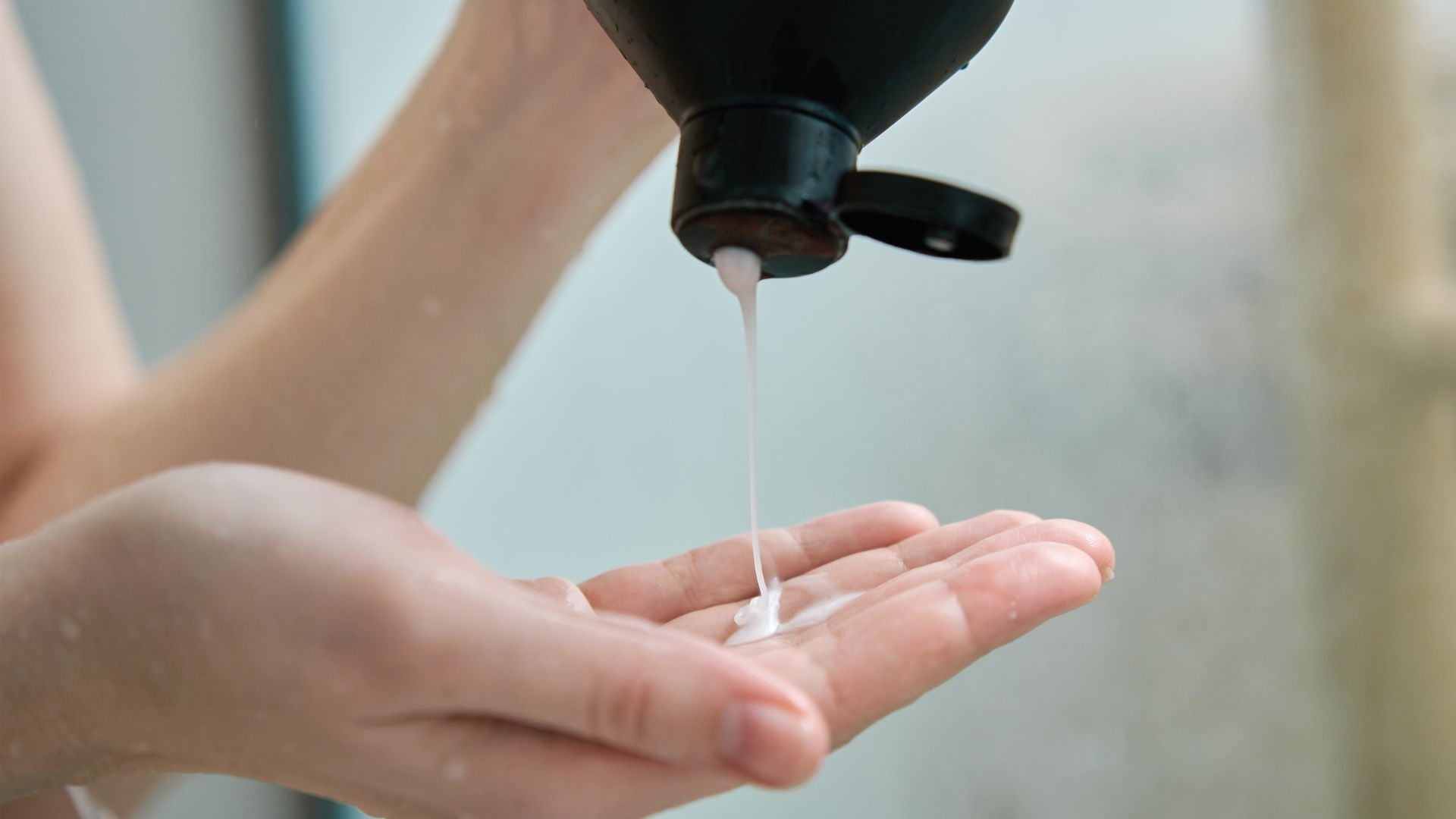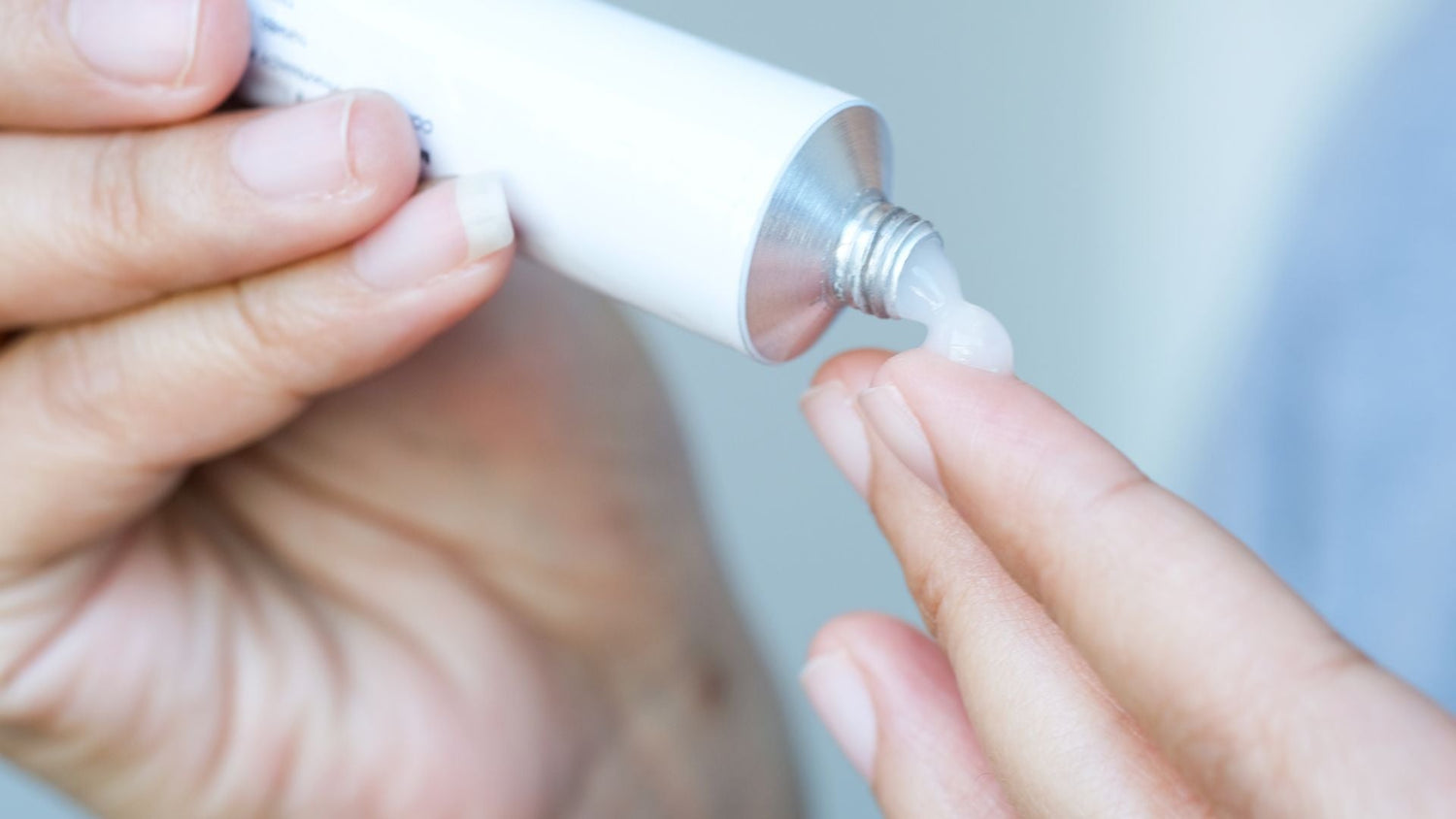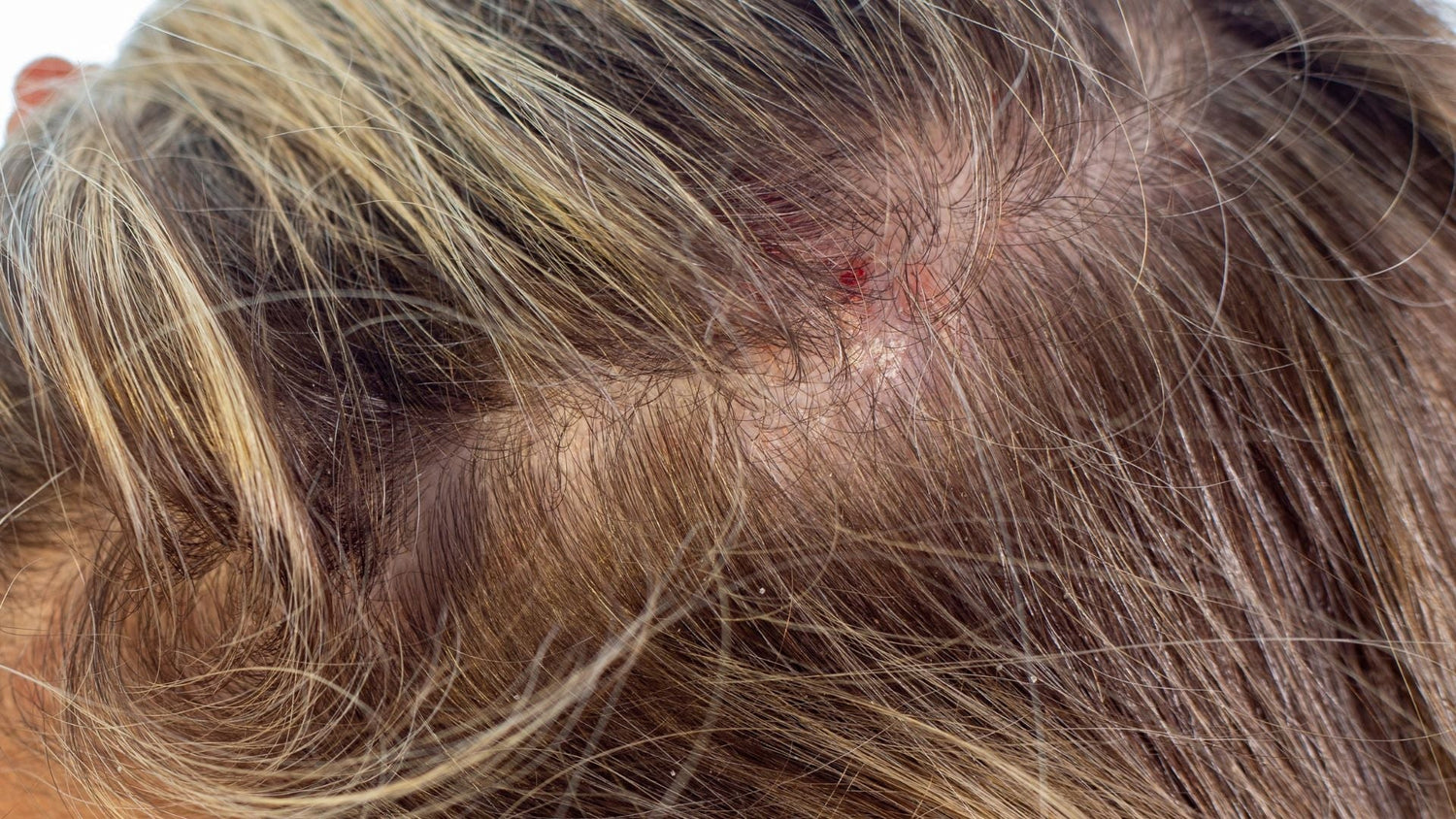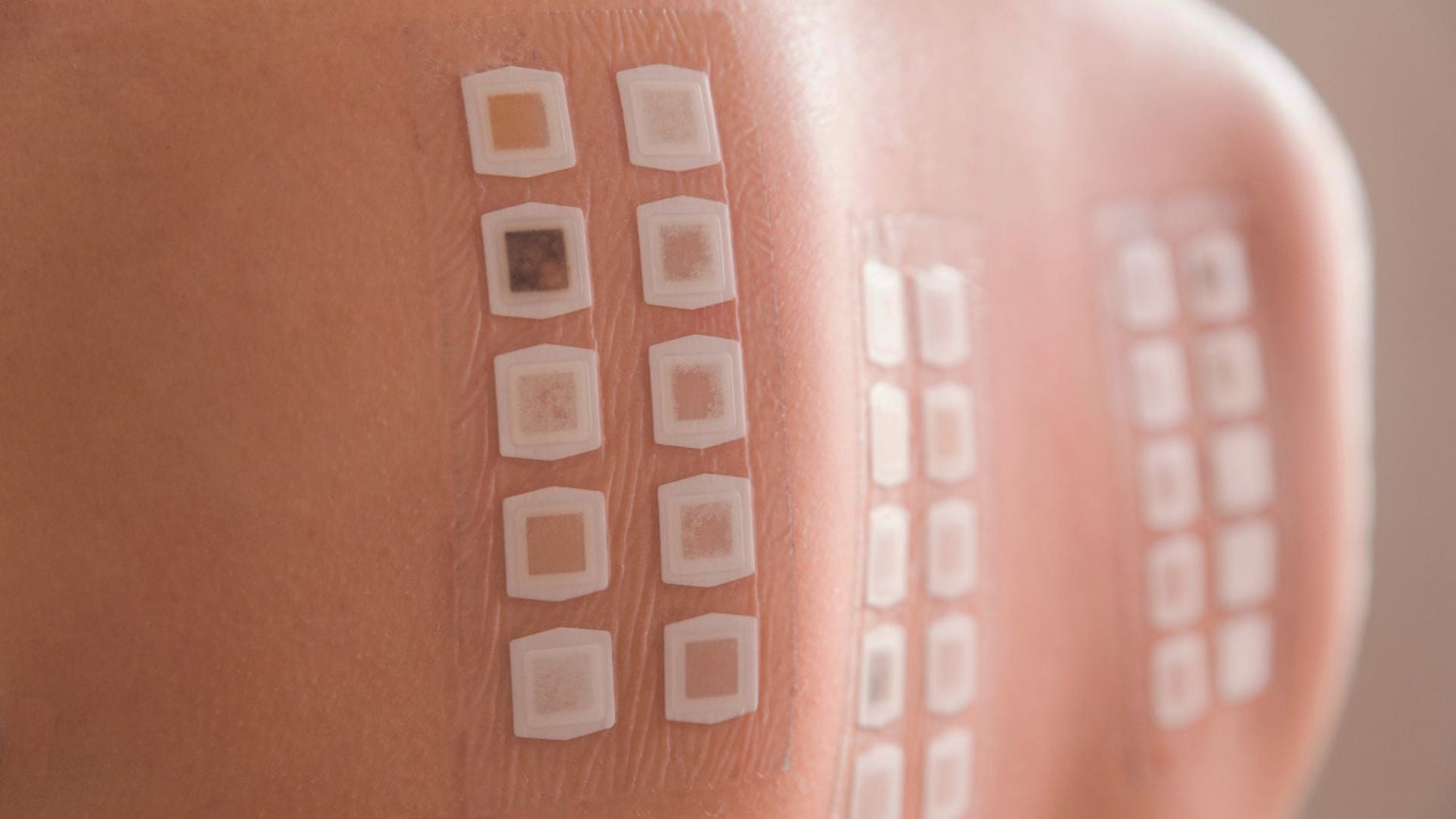Zinc PCA Regulates Sebum and Calms Scalp Microbiome Imbalance
Michele Marchand
How does zinc PCA reduce oiliness and protect sensitive scalps from yeast overgrowth?
Table of Contents
- Why does zinc PCA matter for sensitive scalps?
- What is sebum, and why does balance matter?
- How does zinc PCA influence the scalp microbiome?
- How does zinc PCA compare to other scalp soothing agents?
- How can you use zinc PCA safely?
- Are there risks or side effects?
- What’s the bottom line?
- Glossary
- Claims Registry
Why does zinc PCA matter for sensitive scalps?
Zinc PCA, or zinc pyrrolidone carboxylic acid, is a salt that combines the mineral zinc with L-pyrrolidone carboxylic acid, a derivative of the skin’s own natural moisturizing factor. This pairing gives the compound both oil-regulating and hydrating qualities. Zinc is essential for many biological processes, including wound healing and immune defense, while PCA helps retain water in the skin. Together, they form a unique ingredient that supports balance rather than harsh suppression.
For individuals with sensitive scalps, this balance is especially important. Sensitivity often presents as irritation, itch, redness, or flaking, which can be made worse by extremes in scalp oiliness. Some people overproduce oil, leading to greasy buildup that fuels microbial growth, while others experience dryness that weakens the protective barrier. Zinc PCA offers dual benefits: it gently reduces excessive oil while maintaining hydration and supporting microbial harmony. These qualities make it particularly useful for conditions such as dandruff or seborrheic dermatitis, where oil and yeast often interact.
What is sebum, and why does balance matter?
Sebum is the oily substance produced by sebaceous glands located in both the skin and scalp. It contains triglycerides, wax esters, squalene, and free fatty acids, which together create a protective film on the surface. This natural coating prevents water loss, shields against pollutants, and maintains flexibility of both skin and hair. However, when the balance of sebum is disrupted, problems occur.
Excess sebum can clog pores and leave the scalp greasy within hours of washing. This creates an environment where microorganisms, particularly Malassezia, thrive. On the other hand, insufficient sebum production may lead to dryness, itchiness, and scaling. Many people with sensitive scalps fluctuate between these extremes, with cycles of oiliness followed by dryness after using stripping shampoos.
Zinc PCA intervenes by moderating sebocyte activity, which means it influences how much oil the sebaceous glands release¹. Unlike harsh cleansers that remove sebum after it is produced, zinc PCA addresses the source, lowering the risk of rebound oiliness. At the same time, because PCA is naturally hydrating, it helps preserve moisture, preventing the discomfort that often follows aggressive oil-control strategies. This regulation creates a steady, more comfortable environment for both scalp and hair health.
How does zinc PCA influence the scalp microbiome?
The scalp microbiome refers to the community of microorganisms that naturally live on the skin. This includes bacteria, fungi, and viruses, most of which are harmless or even protective. When in balance, the microbiome prevents colonization by harmful pathogens, supports immune signaling, and contributes to the integrity of the skin barrier. Disturbances in this delicate ecosystem, however, can quickly lead to irritation and disease.
One of the most studied organisms in scalp health is Malassezia, a yeast that thrives on sebum lipids. In moderate amounts, Malassezia is harmless, but when conditions favor its overgrowth, it can trigger inflammation, itching, and scaling. This imbalance plays a key role in common scalp concerns such as dandruff and seborrheic dermatitis.
Zinc is well recognized for its antimicrobial and antifungal properties². It can slow the growth of bacteria and fungi by disrupting their enzyme activity and nutrient absorption. When bound to PCA, zinc becomes more bioavailable, which means the scalp can absorb and utilize it more efficiently. Clinical findings show zinc PCA reduces the activity of Malassezia-related enzymes, particularly lipases that break down sebum into irritating byproducts³. By limiting these processes, zinc PCA helps maintain a stable microbiome, reducing the triggers for itch and flake formation. In effect, it supports a healthier balance between the skin’s natural oils and the microorganisms that depend on them.
How does zinc PCA compare to other scalp soothing agents?
Many scalp treatments focus on one aspect of scalp health, either oil control or yeast suppression. However, few achieve both simultaneously. Comparing zinc PCA to other common agents highlights its versatility:
-
Salicylic acid is an exfoliant that helps shed flakes and reduce scaling. While effective, it does not address oil production or microbial growth directly and may cause dryness with frequent use.
-
Ketoconazole is a potent antifungal available in medicated shampoos. It effectively controls Malassezia, but it does not regulate sebum and may require ongoing prescription use for chronic conditions.
-
Tea tree oil provides natural antimicrobial benefits, but it is a common irritant, especially for sensitive skin, and its concentration must be carefully controlled to avoid worsening inflammation.
Zinc PCA stands apart by gently addressing both drivers of scalp sensitivity: excessive oil and microbial imbalance. It does so without harsh exfoliation, prescription dependency, or strong fragrance risk. This makes it especially appealing for individuals with fragile or easily irritated skin barriers, who may not tolerate other therapies well.
How can you use zinc PCA safely?
For those considering zinc PCA as part of a scalp care routine, proper use maximizes benefits while minimizing potential irritation. Here are practical steps:
-
Select leave-on products: Serums, tonics, or sprays containing zinc PCA tend to be more effective than rinse-off formulas, since longer contact time allows the ingredient to act fully.
-
Introduce gradually: Begin with applications two to three times per week. Observe how your scalp responds and increase frequency only if comfort is maintained.
-
Pair with gentle cleansers: Avoid shampoos with high sulfates or aggressive detergents. A mild cleanser helps preserve the scalp barrier, allowing zinc PCA to work in harmony rather than in recovery mode.
-
Combine with complementary ingredients: Look for products that include hydrating or soothing companions such as panthenol (pro-vitamin B5), aloe vera, or niacinamide. These can enhance comfort and barrier support.
A patch test is always recommended when adding a new topical. Apply a small amount behind the ear or on the inner arm, wait 24–48 hours, and watch for redness or itching. This step is especially important for people with a history of sensitive or reactive skin. If symptoms worsen or fail to improve after several weeks, consultation with a dermatologist ensures proper diagnosis and treatment guidance.
Are there risks or side effects?
Zinc PCA is widely considered safe in cosmetic and dermatologic use. Because it is non-comedogenic, it does not clog pores, and because PCA is a natural component of skin hydration, tolerance is high. Reported side effects are rare, but as with all topical agents, individual responses vary.
The most common concern is mild irritation when used in high concentrations, typically above those found in cosmetic products⁴. Over-the-counter formulations are designed to remain well within safe levels, making such reactions uncommon. Importantly, zinc PCA does not typically cause photosensitivity, unlike some other skincare ingredients, so it can be safely used during the day.
People with very reactive skin or active scalp conditions such as psoriasis should still introduce the ingredient cautiously and under guidance. As always, consistency and moderation support the best outcomes in sensitive scalp care.
What’s the bottom line?
Zinc PCA is a dual-action ingredient that regulates sebum production while helping to control yeast overgrowth on the scalp. For individuals struggling with oily buildup, flaking, and irritation, it offers a gentle, evidence-based alternative to harsher treatments. By addressing both oil regulation and microbiome balance, it supports long-term comfort rather than temporary relief.
Regular use in well-formulated products may improve scalp hydration, reduce visible flaking, and calm sensitivity. While it is not a cure-all for every scalp condition, zinc PCA is a valuable addition to routines focused on restoring balance and reducing discomfort. For persistent symptoms such as severe scaling, bleeding, or unrelenting itch, seeking professional evaluation ensures that underlying conditions are not overlooked.
Glossary
-
Sebum: The oily substance produced by sebaceous glands that protects skin and scalp.
-
Sebocytes: The cells in sebaceous glands responsible for producing sebum.
-
Microbiome: The community of bacteria, fungi, and other microorganisms living on the skin.
-
Malassezia: A type of yeast naturally present on the scalp, often linked to dandruff when overgrown.
-
Zinc PCA: A compound of zinc and pyrrolidone carboxylic acid that regulates oil production and helps balance the skin microbiome.
-
Bioavailability: The degree to which a substance is absorbed and used by the body.
-
Non-comedogenic: A product property meaning it does not clog pores.
-
Seborrheic dermatitis: A common scalp condition causing redness, itching, and flaking.
Claims Registry
| Citation # | Claim Supported | Source | Anchor Extract | Notes |
|---|---|---|---|---|
| 1 | Zinc PCA reduces excess oil by acting on sebocytes | Draelos, Z.D., "Cosmetic Dermatology: Products and Procedures," 2015 | "Zinc salts reduce sebaceous gland activity." | Textbook widely cited in dermatology. |
| 2 | Zinc has antimicrobial and antifungal properties | Gupta, A.K., Nicol, K., "The use of zinc in dermatology," J. Drugs Dermatol, 2004 | "Zinc exhibits bacteriostatic and fungistatic activity." | Peer-reviewed dermatology journal. |
| 3 | Zinc PCA reduces Malassezia enzyme activity | Dessinioti, C., Katsambas, A., "Seborrheic dermatitis: etiology, risk factors, and treatments," J. Eur Acad Dermatol Venereol, 2013 | "Zinc pyrithione and zinc salts inhibit Malassezia lipase activity." | Authoritative review on seborrheic dermatitis. |
| 4 | Zinc PCA is safe and well tolerated | Farris, P., "Cosmeceutical Compounds in Dermatology," Springer, 2019 | "Zinc PCA is considered non-irritating and non-comedogenic." | Clinical dermatology reference book. |




